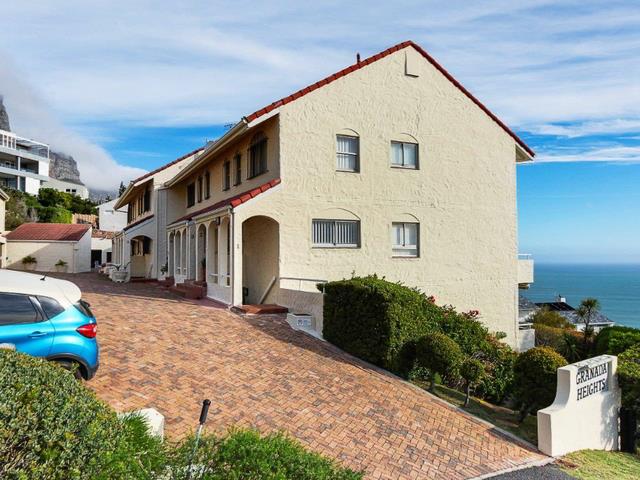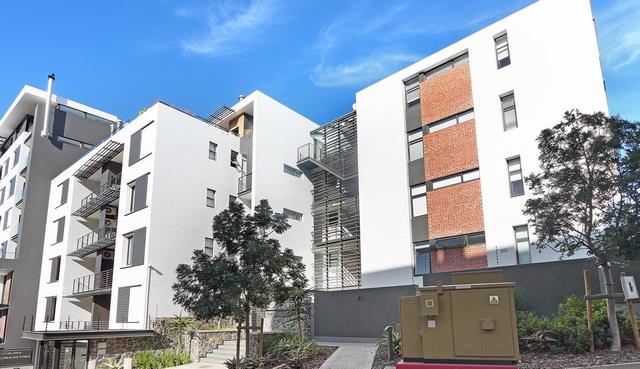While the consensus among most in the South African property industry is that market performance next year depends very much on what happens politically, there are some areas that are set to perform well and provide ideal investment opportunities.

Linda Erasmus, CEO of Fine & County Sub-Saharan Africa, points out that owning a property holds future value as an asset or as a rental income stream when the property is bond-free.
“While many potential buyers and investors are adopting a wait-and-see approach, property remains a sound investment option, if considered wisely,” says Erasmus.
Looking at Cape property hotspots for the year ahead, Gert Schultz, property consultant at Fine & Country Constantia, says once the election is over, the feeling is that some stability will return to the market, and the hype of land expropriation without compensation will hopefully no longer be in the forefront of everyone’s minds.
Schultz believes that in the upper Constantia area, gated security developments and sectionalised properties will continue to be in high demand and offer solid appreciation potential.
“The continued escalating rate of crime in Cape Town is the main factor that will drive the popularity of security developments, while the sectionalisation of larger properties will also continue to be a popular trend, providing smaller, and therefore more affordable, parcels of property in line with market demand. In our specific market we expect to see the most movement in properties priced between R5 million and R10 million during 2019,” says Schultz.
Christopher Hajec, Licensee of Fine & Country Atlantic Seaboard, says there is much debate around the performance of the property market in 2019.

“On the one hand, much of the political rhetoric leading up to the election will be behind us in April, and the theory is that disaffected consumers will thereafter regain some measure of confidence, jump-starting the property market which is currently under pressure,” says Hajec.
“However, there will be an accumulation of consequences from a prolonged flat or declining growth market, which will linger even if demand rebounds to pre-2017 levels. In our trading area, the effect, if any, on turnover of City Bowl properties should be much less pronounced than the Atlantic Seaboard, whose higher priced properties will require sellers to reflect carefully when it comes to pricing, days on the market, and the rate of appreciation year-on-year.”
Looking at the Cape Town market specifically, Hajec points out that there are unique challenges not being experienced in the rest of the province or nationally due to trends in the Cape Town CBD and areas like Observatory, Woodstock and Salt River where the market has arguably been flooded with an oversupply of buy-to-let development renovations, which have affected both the wider development market outside those areas and the rental market.
“The oversupply of property in conjunction with the water crisis, slowdown in semigration and the pivot away from high-priced property in Cape Town during the economic slump have all converged to leave tenants spoiled for choice, and thus vacancy rates have risen and rentals dropped, leaving many vacation rental investors considering the security of longer-term leases. This won’t go away overnight.”
Hajec believes that investment in the Atlantic Seaboard and City Bowl are going to offer the consumer a number of interesting opportunities which will be hard to pass up.

“The micro-unit trend in the Cape Town CBD with entry-point buying at the very affordable price of R1.2 million - despite concerns about an Airbnb bubble and a general oversupply - offer such an attractive opportunity for people who might not otherwise be able to get a foothold in the Cape Town property market, may well be just the reason they need to take the plunge,” says Hajec.
“Pressure in the luxury market will make many luxury properties seem quite attractive to overseas investors and locals alike in terms of the discounts to be had among the serious sellers. The current backlog precipitated by the slack economy and political tensions, which have fuelled the resulting dip in consumer confidence is going to be a major driver in pricing as we all know that the greatest discount always comes in the asset class which is the most highly priced.”
Erasmus says while South Africans remain under economic pressure, and the property market is set to continue to be sluggish in the year ahead, there are some sound opportunities for property investment if the buyer has researched and understands the macro and micro market nuances.








